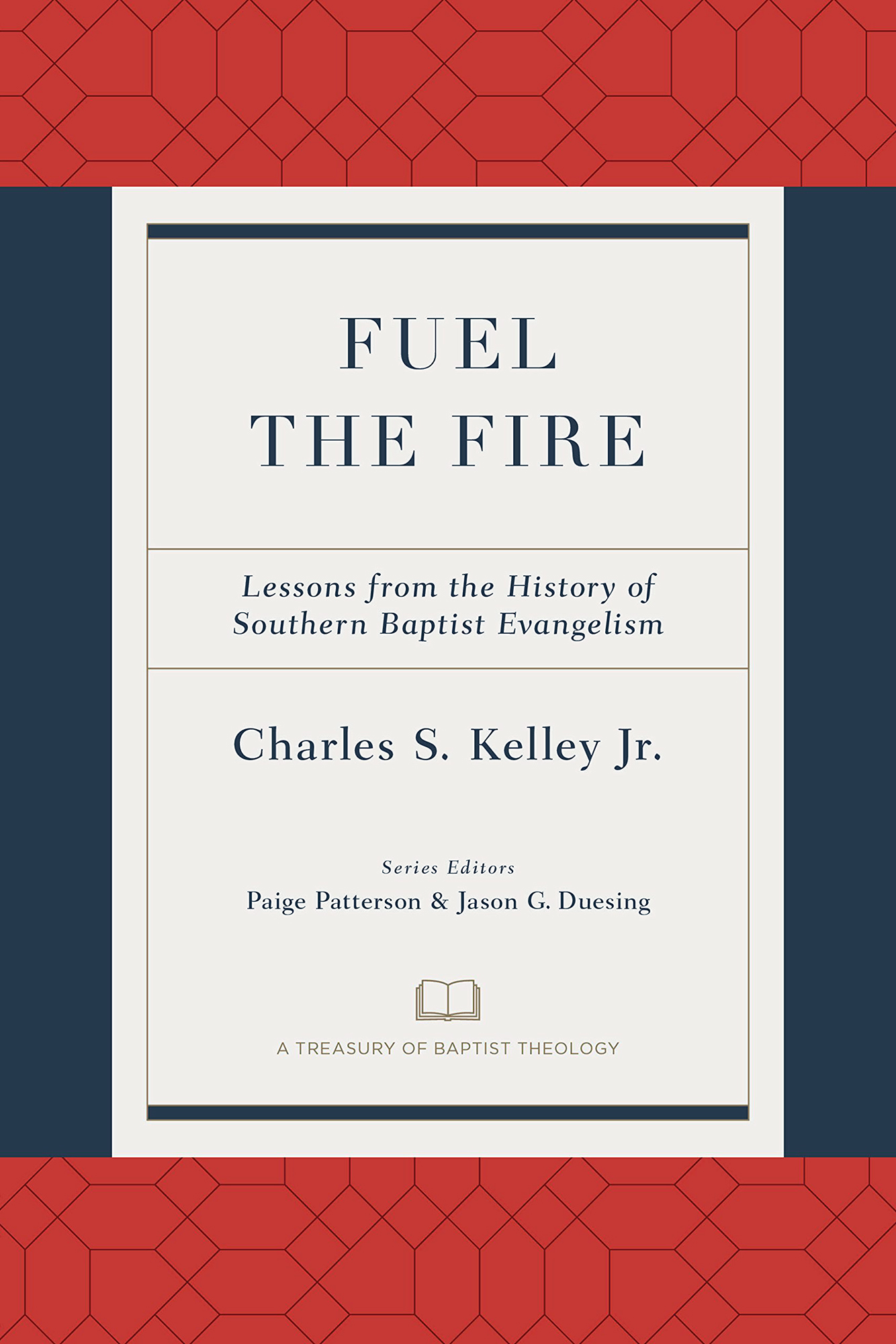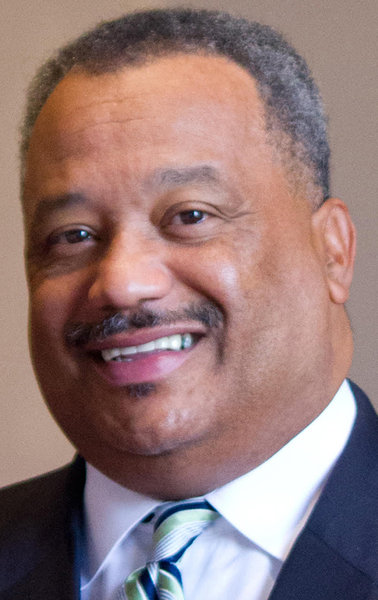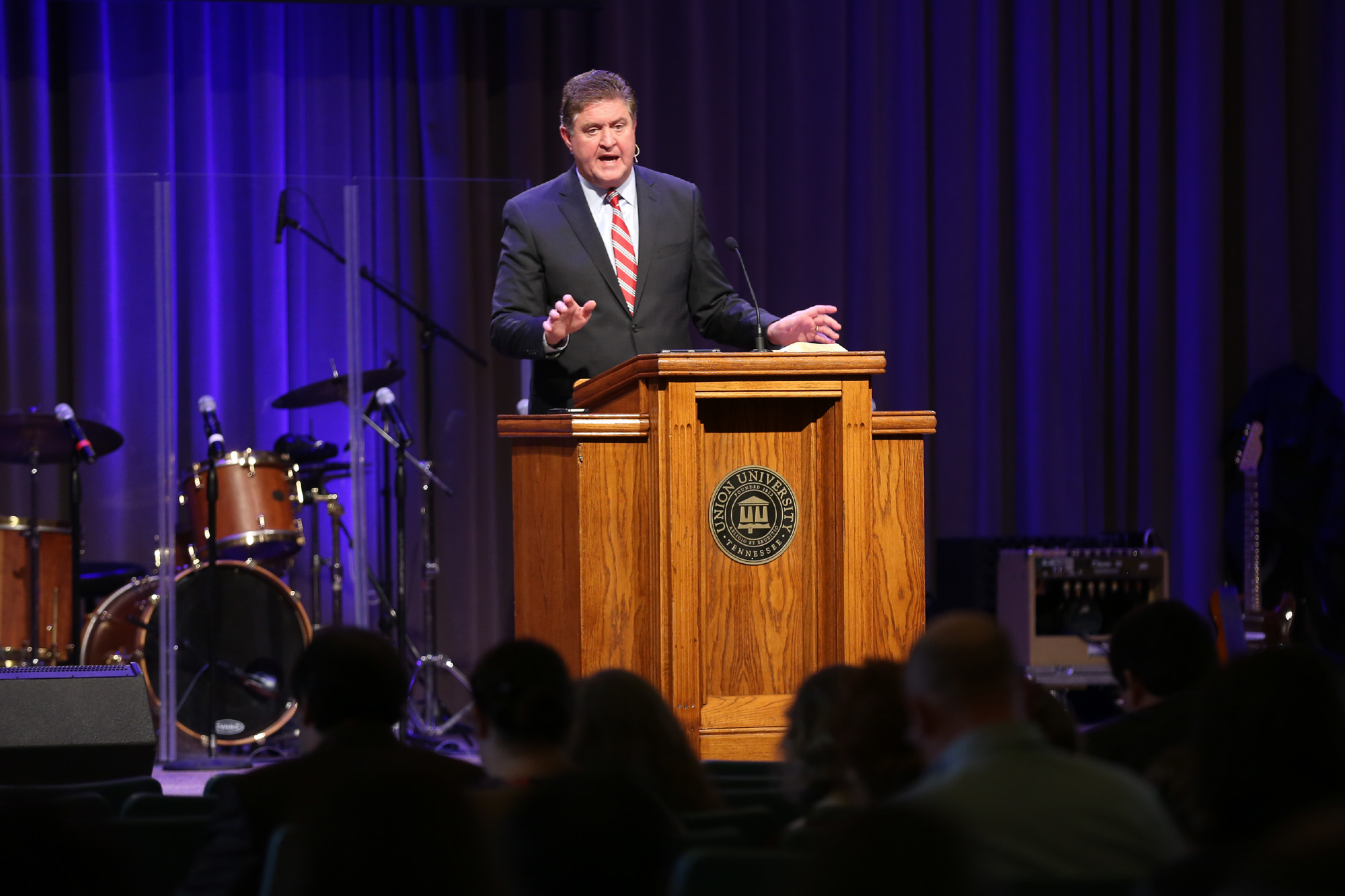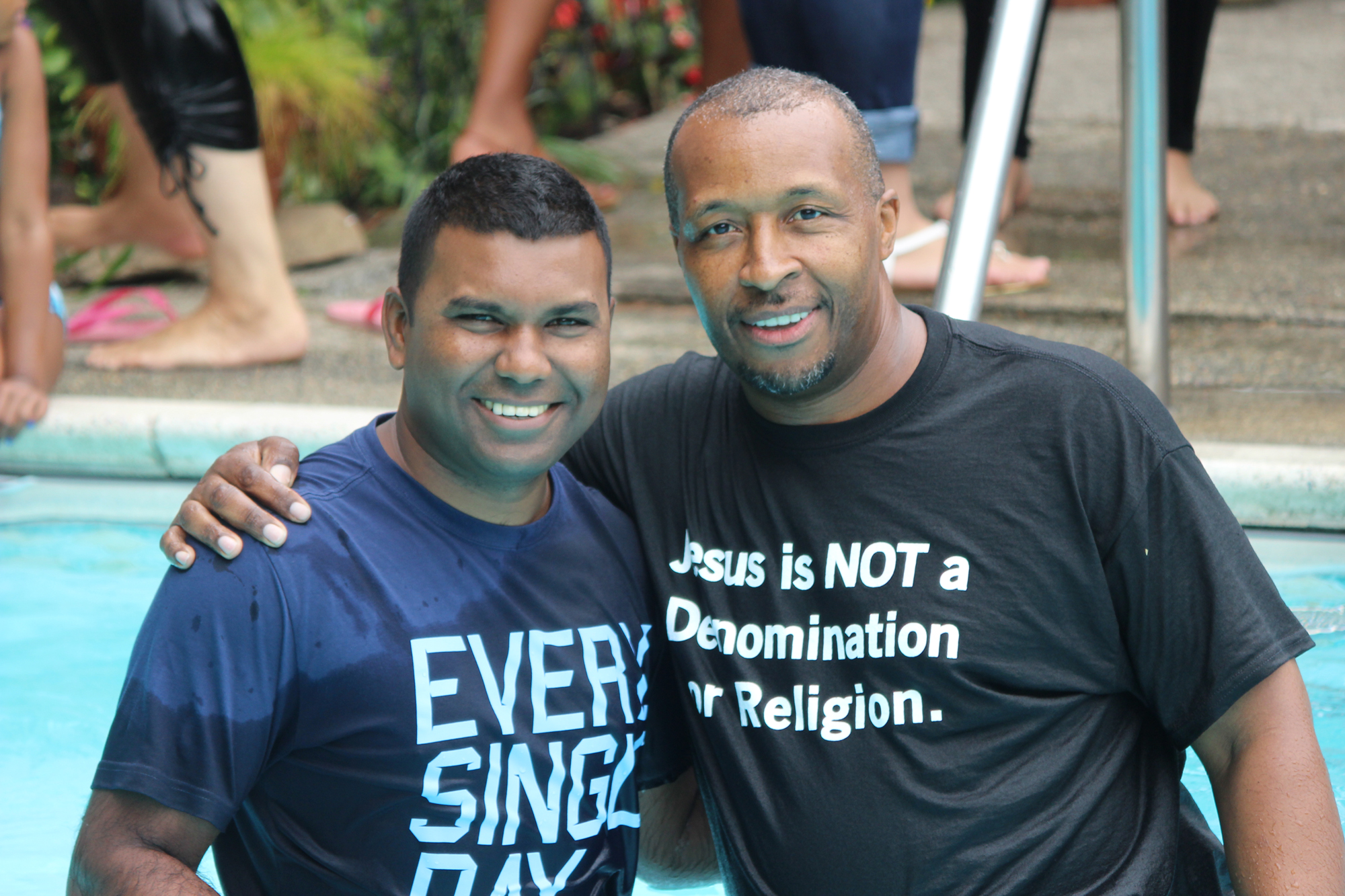
NEW ORLEANS (BP) — Baptisms in the Southern Baptist Convention have been in decline for 16 years. To change that, Chuck Kelley hopes to start a conversation.
 “The Southern Baptist Convention is facing the greatest evangelism crisis in its history, with an unprecedented gap between the number of churches and the number of baptisms those churches record,” said Kelley, president of New Orleans Baptist Theological Seminary.
“The Southern Baptist Convention is facing the greatest evangelism crisis in its history, with an unprecedented gap between the number of churches and the number of baptisms those churches record,” said Kelley, president of New Orleans Baptist Theological Seminary.
A new book by Kelley, “Fuel the Fire: Lessons from the History of Southern Baptist Evangelism,” published by B&H Academic, examines the causes behind the longest running decline in baptisms in SBC history and what can be done to reverse it.
“Southern Baptist churches are not reaching their communities with the Gospel,” he said in an interview, “nor are they reaching the children of the congregation.”
Fuel the Fire is not filled with “data charts and footnotes,” Kelley notes in the introduction. Rather, it’s a book written for every Baptist that he hopes will stimulate research and start a conversation. The book is part of the Treasury of Baptist Theology series.
“The puzzle to be solved is the future, but perhaps some clues on how to solve that puzzle can be found in understanding our past,” Kelley writes.
The book maps out the history of Southern Baptist evangelism from a defining moment in 1904 when a Georgia pastor made a motion from the convention floor and sparked what Kelley calls “The Great SBC Evangelism War.” The motion called for direct denominational involvement in evangelism and revivalism and sparked a two-year debate over the role of the local church versus the role of the denomination.
“For many of the messengers, the real issue was a matter of Baptist polity … for evangelism is ultimately the responsibility of the local church,” Kelley writes, adding that the question became, “Why should the denomination get involved in doing what every local church should be doing on its own?”
The “turning point of the debate” came when B.H. Carroll, prior to his role as founder and president of Southwestern Baptist Theological Seminary, addressed the 1906 convention on the role of evangelists.
Kelley recounts that Carroll told convention messengers, “Brethren, give me evangelists. Deny not fins to things that must swim against the tide, nor wings to things that must fly against the wind.”
Resolution came with the formation of the Evangelism Department within the Home Mission Board, bringing convention resources to the aid of churches for evangelism.
With the founding of the department that year, Kelley writes, the SBC drew from a unique four-point paradigm of preaching that called for commitments; personal evangelism and planned outreach; Sunday School and small group Bible study; and revivalism. The method, Kelley adds, was “the genius of Southern Baptist evangelism.”
“Through the years the SBC developed an evangelistic paradigm in its churches that produced explosive growth and made the SBC the largest Protestant denomination in America,” Kelley told Baptist Press. “Fuel the Fire describes that remarkable paradigm and why it was so successful for so long.”
Change came as mega-shifts disrupted the nation’s culture, Kelley writes, and waning discipleship brought a dip in evangelism. He discovered alarming evidence of decline when Bill Day, NOBTS distinguished professor of evangelism, showed him a chart of two decades of SBC statistics.
“Clearly the SBC is a convention in decline,” Kelley said. “Clearly the severity of the decline in baptisms is … something we have never seen before.”
Rekindling the fires of evangelism, Kelley writes, will require a focus on prayer, setting goals for evangelism, and helping members share testimonies and explain the Gospel.
Telling others about Christ is something every believer, every Baptist can do, Kelley insists, citing 2 Timothy 4:5 to show that now is the time.
“The bottom line is simple. Get started. Do something. Get engaged yourself in sharing the Gospel with the lost in your community, and help others learn to share the Gospel with them,” Kelley writes in his conclusion. “There will never be a better time than now.”



















